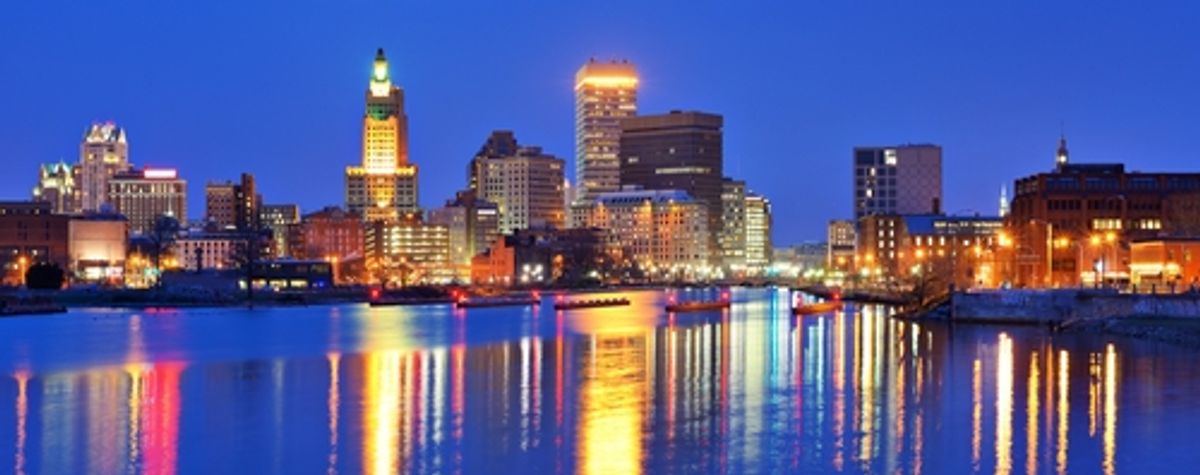"Not in my back yard," said a tech firm to Rhode Island's governor when plans were made to move a parole and corrections center to downtown Providence -- an area accessible to parolees, but also the home of growing startup businesses. Democratic governor Lincoln Chafee acquiesced and the corrections offices will be housed elsewhere, so as not to offend the tastes of tech and start-up workers in downtown Providence.
In a letter obtained by Salon to the governor's office, Angus Davis, the Founder and CEO and founder of Rhode Island's fasted growing tech firm, Swipely, urged that the probation offices be moved. "How can you expect businesses like ours to stay in downtown Providence and create high paying jobs in your state when your administration wants to turn our backyard into a meeting place for violent offenders -- prisoners on parole and probation?"
Davis' words are not only drenched in classist, reductive assumptions about individuals who go through the prison system, they also highlight the Sisyphean task of escaping the stigma of a criminal record. Parole -- albeit regularly restrictive and draconian in its terms -- is intended as a step in between incarceration and freedom; attitudes like Davis', treating paroles as pariahs, make probation all the more difficult. Davis described the proposed parole and probations offices as a "government-mandated criminal convention center."
Bending to the wishes of the business community, Gov. Chafee's officer announced this week that the corrections offices would not be moved to that area. The decision is thus a tacit endorsement of the worst sort of NIMBYism, responding positively attitude that deems every prisoner a "criminal" for life.
“Perception is something people care about,” Chafee said. Chafee didn't need to qualify which "people" and whose "perceptions" mattered here: evidently, fast-growing tech startups count as "people" with "perceptions" above and beyond the parolees needing a convenient, accessible meeting point with their parole officers to complete probation.
The recent Rhode Island decision is not the first example of an unpleasant strain within tech startups in showing scant regard for marginalized and impoverished communities. Noreen Malone highlighted in the New Republic a number of comments made my Silicon Valley CEOs on social media sites, expressing a desire to be geographically isolated from San Francisco's homeless population.
Greg Copman, the CEO of a firm that runs hackathons wrote on Facebook, in a now-deleted post, "In downtown S.F. the degenerates gather like hyenas, spit, urinate, taunt you, sell drugs, get rowdy, they act like they own the center of the city. Like it's their place of leisure... In actuality it's the business district for one of the wealthiest cities in the USA. It a disgrace." A friend of his commented, "why is this the showcase of the center of San Francisco. We're supposed to be a gleaming utopia of what a city could be. Why should we have homeless shelters, method one [sic] shelters, strip clubs all in the center of town."
Of course, not every Silicon Valley or tech startup employee share Copman or Davis' classist bent. However, Davis' opinion garnered enough support to shift the plans of the state governor. Those who once saw the tech boom as an aperture for democratizing societies through technologies and online networks must now realize the cybernetic dream is dead. We know, of course, that tech giants have for some years been working with government agencies to construct and maintain a near totalized surveillance state, earning vast fortunes from commodified and surveilled Internet denizens. And we see, too, in the Google buses, that ferry Google workers and Bay Area gentrifiers to and from their home locales to their gleaming, Googly workplaces, and in Swipely's desire to rid Downtown providence of the poor and once-imprisoned, a conservatism in the tech world that would uphold a Tale of Two Cities. Perception is something people care about, after all.



Shares